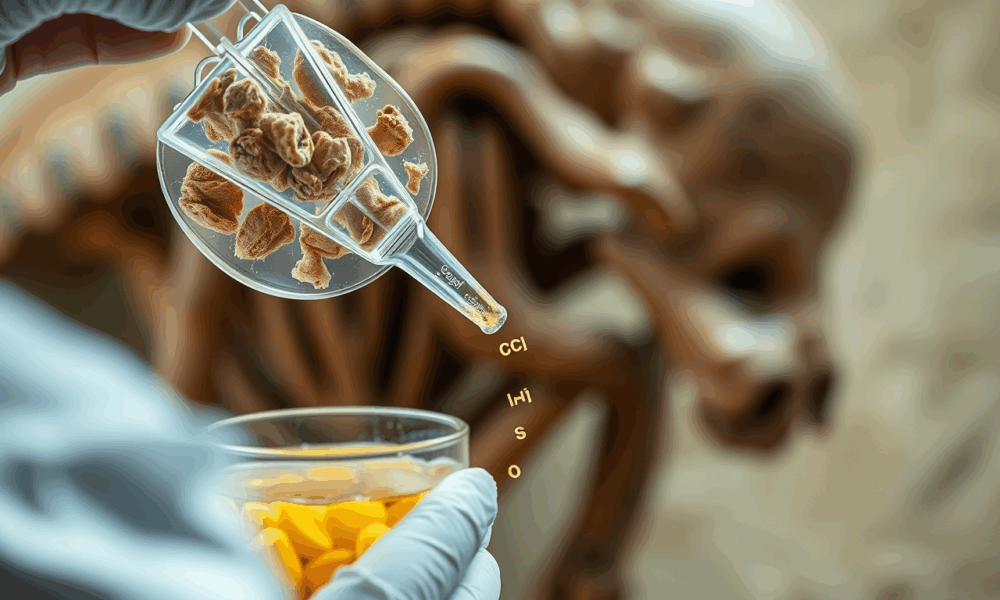
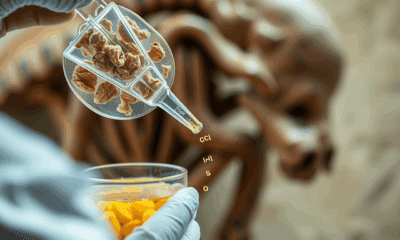

A new method could soon unlock the vast repository of biological information held in the proteins of ancient soft tissues. The findings could open up a...
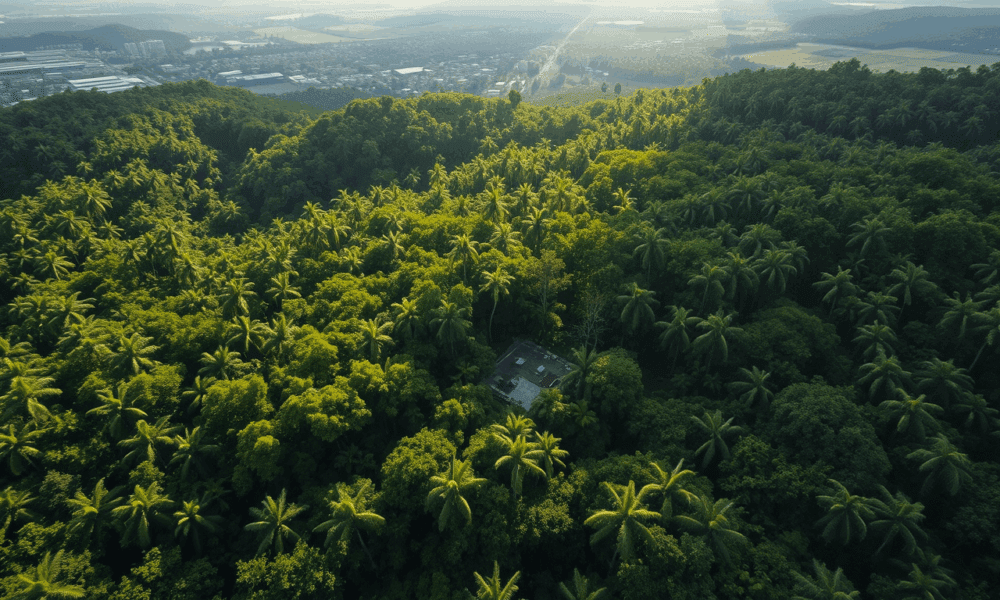
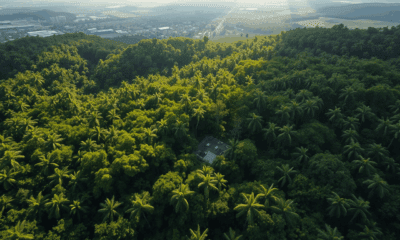

Replanting forests can help cool the planet even more than some scientists once believed, especially in the tropics. But even if every tree lost since the...
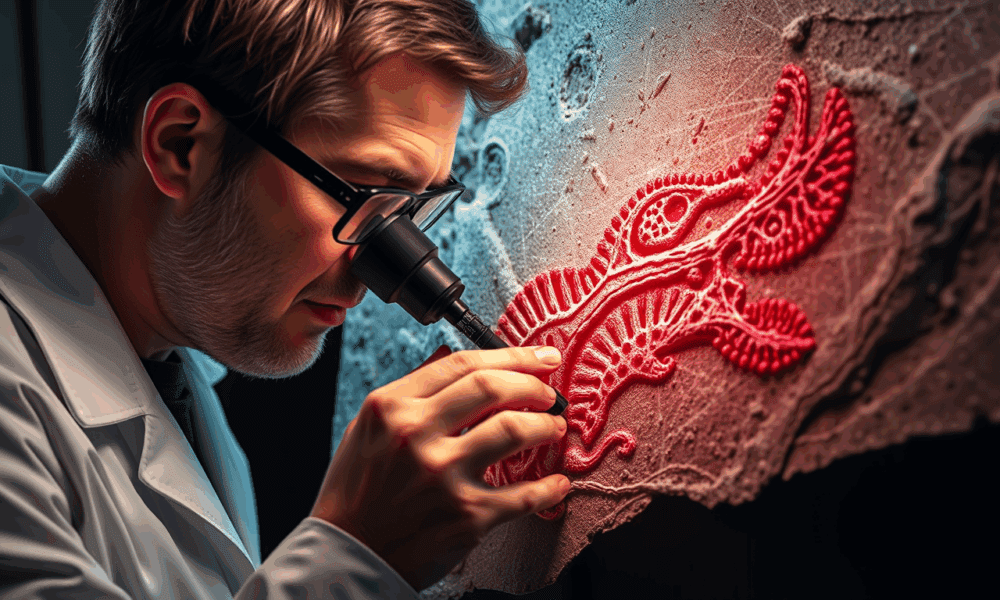
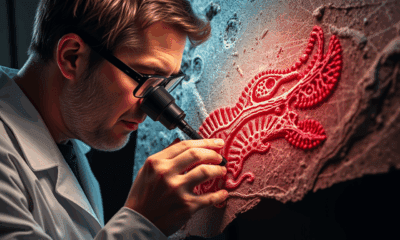

New techniques used to analyze soft tissue in dinosaur fossils may hold the key to new cancer discoveries. Researchers have analyzed dinosaur fossils using advanced paleoproteomic...



Anthropologists have examined the societal consequences of global glacier loss. This article appears alongside new research that estimates that more than three-quarters of the world's glacier...
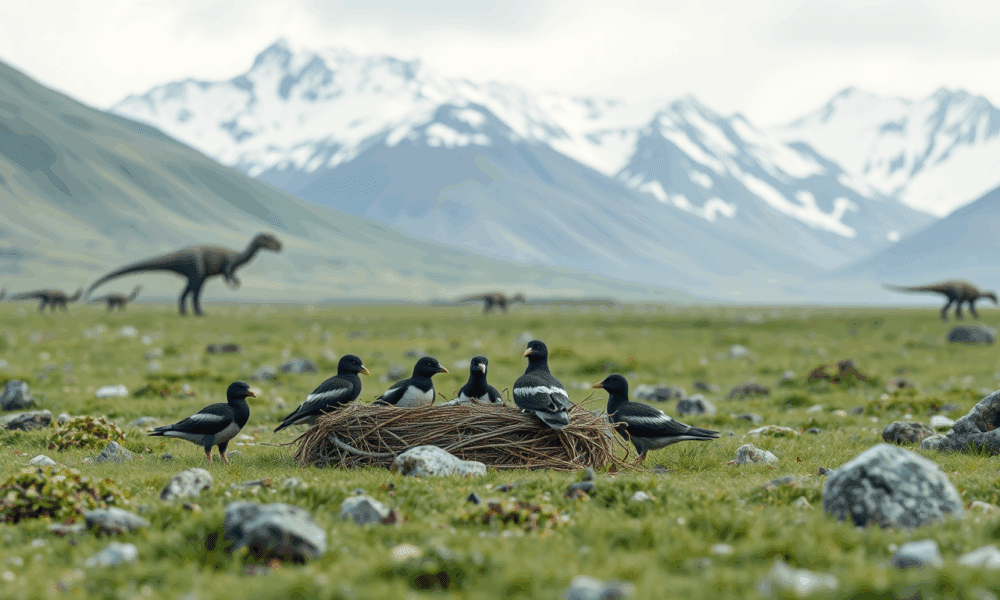
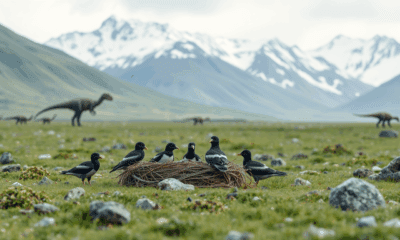

Spring in the Arctic brings forth a plethora of peeps and downy hatchlings as millions of birds gather to raise their young. The same was true...
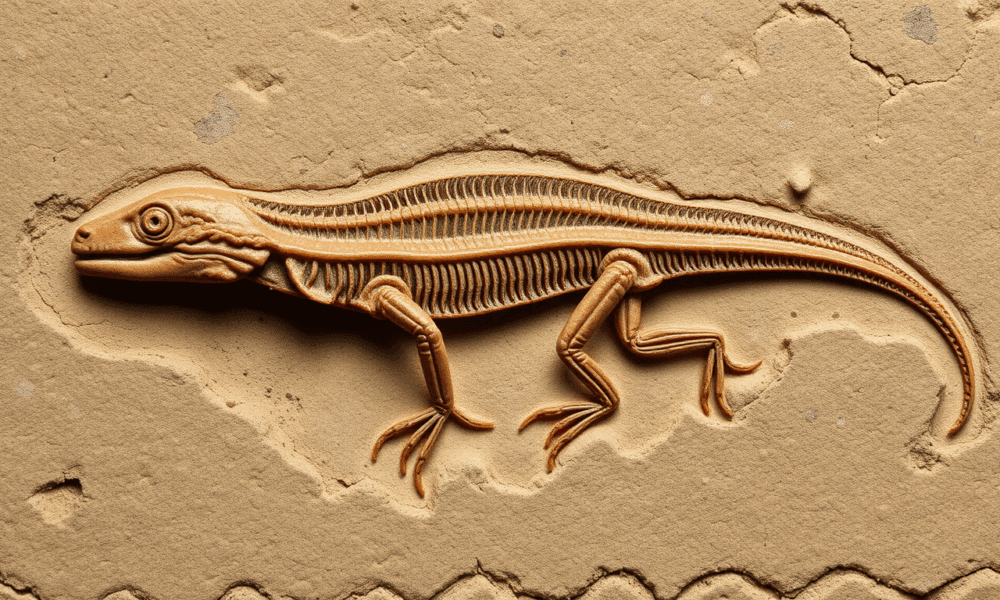
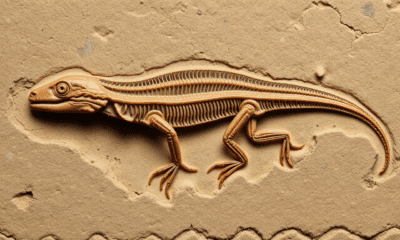

The fossils of ancient salamander-like creatures in Scotland are among the most well-preserved examples of early stem tetrapods -- some of the first animals to make...
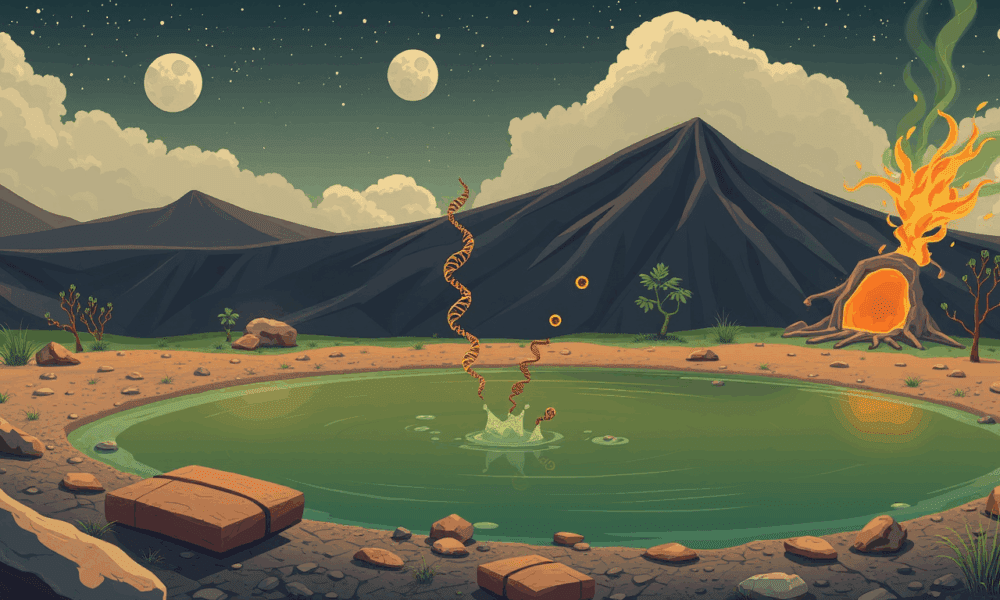
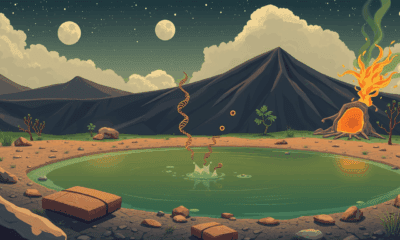

Chemists have demonstrated how RNA (ribonucleic acid) might have replicated itself on early Earth -- a key process in the origin of life.
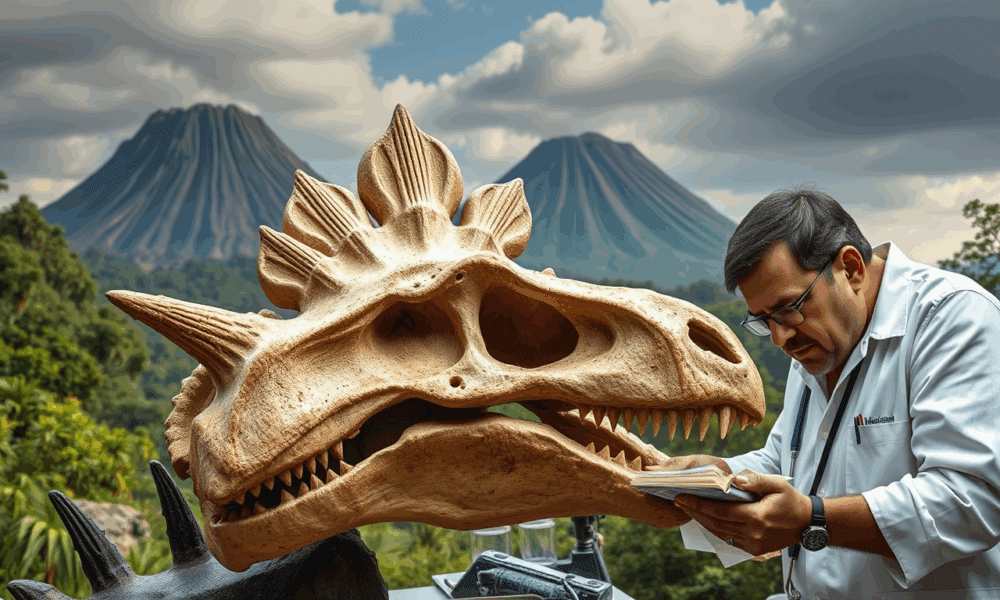
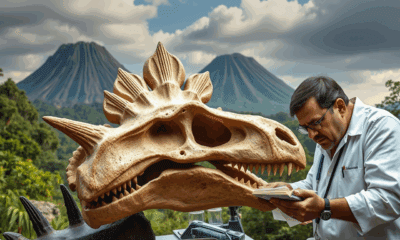

Palaeontologists have analyzed the most complete stegosaurian skull ever found in Europe and rewritten the evolutionary history of this iconic group of dinosaurs.
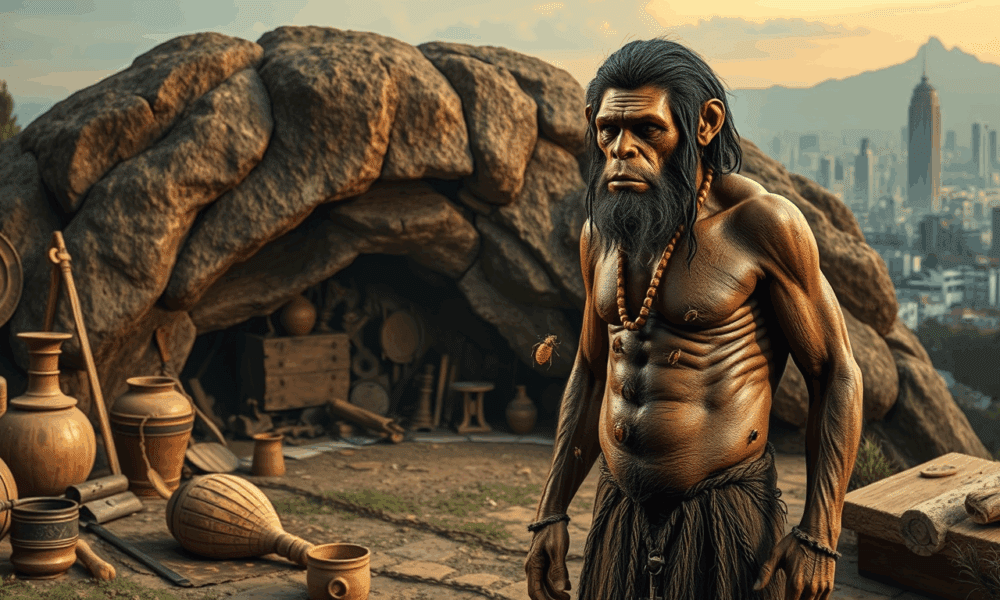
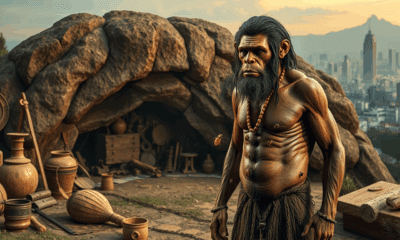

Researchers compared the whole genome sequence of two genetically distinct lineages of bed bug, and their findings indicate bed bugs may well be the first true...
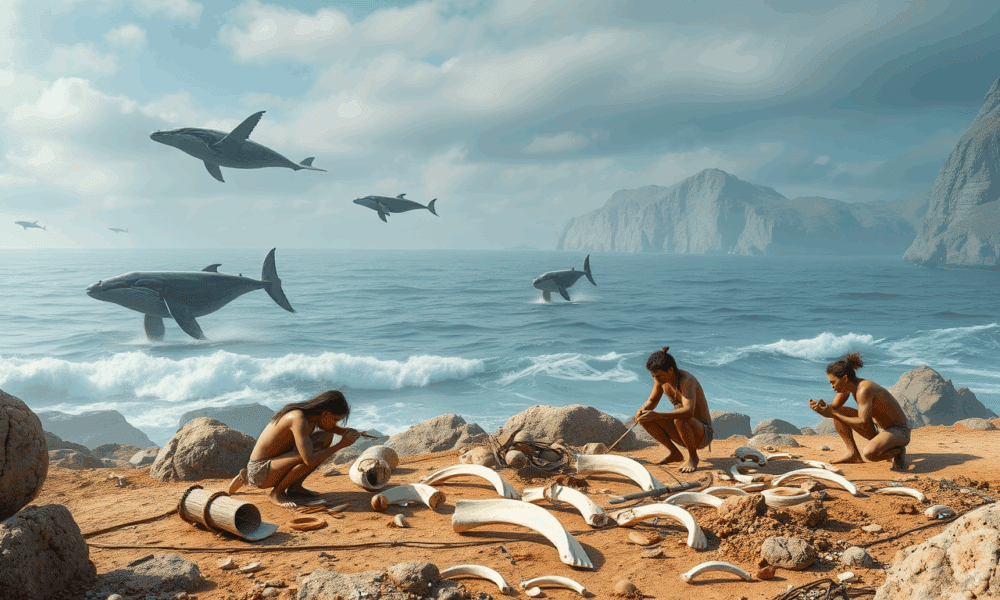
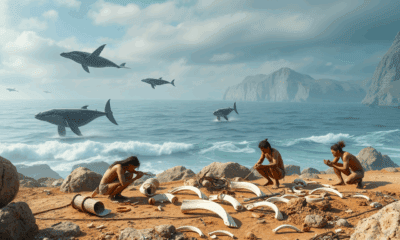

Humans were making tools from whale bones as far back as 20,000 years ago, according to a new study. This discovery broadens our understanding of early...